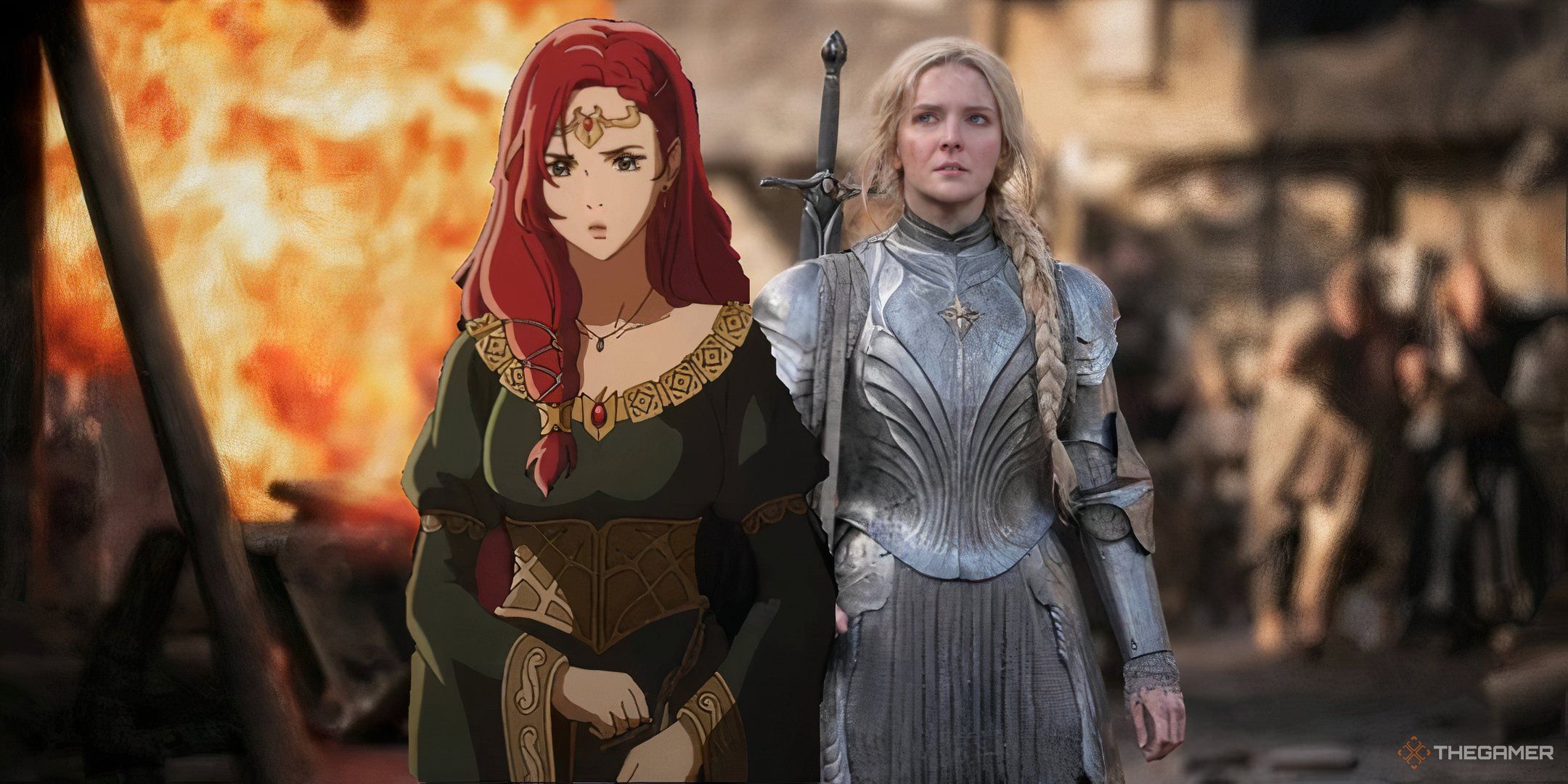
The reason for the comparisons is because of Hèra, the protagonist of the anime film. Instead of having a man lead the story, director Kenji Kamiyama has opted for – shock horror – a woman. And worse still, she’s a woman who wasn’t named (but did exist) in Tolkien’s writing. Just like Galadriel. Wait…
The Rings of Power’s Galadriel was torn down in season one for the crime of not resembling Cate Blanchett’s performance in Jackson’s film trilogy. Blanchett’s serene wisdom was a great take on the character, and appropriate for how Galadriel was written in The Lord of the Rings. However, Tolkien’s writing elsewhere (in Letter 348, to be precise) explains Galadriel in the Second Age, “was then of Amazon disposition and bound up her hair as a crown when taking part in athletic feats.”
Not enough for you? In Peoples of Middle-earth, Tolkien describes Galadriel’s vicious fighting at the Battle of Aqualonde. “…though she fought fiercely against Feanor in defence of her mother’s kin, she did not turn back. Her pride was unwilling to return, a defeated suppliant for pardon; but now she burned with desire to follow Feanor with her anger to whatever lands he might come, and to thwart him in all ways that she could.”
So, Tolkien envisioned Galadriel as a brutal warrior in the events before The Lord of the Rings, a characterisation that The Rings of Power nailed. Whether you like the show or not, its vision of Galadriel is accurate to Tolkien’s intent. What it isn’t true to is the Peter Jackson trilogy. But why would that matter?
The only similarity between Hèra and Galadriel is the icy cliffs they both climb
Anyway, onto The War of the Rohirrim. It, too, is under fire for its female protagonist. While Hèra is not named in Tolkien’s work, this entire film is based on three paragraphs of an appendix. And – major spoiler alert here – story writer Philippa Boyens (of Jackson trilogy fame) explained months ago that Hèra is the protagonist because she’s the only character who survives – and that’s straight from Tolkien.
Fans are upset about this because they had an idea of what the film would be already implanted in their minds. They figured that elderly king Helm Hammerhand would be the protagonist, seemingly based on scant information that “the movie centers around the fate of the House of Helm Hammerhand.”
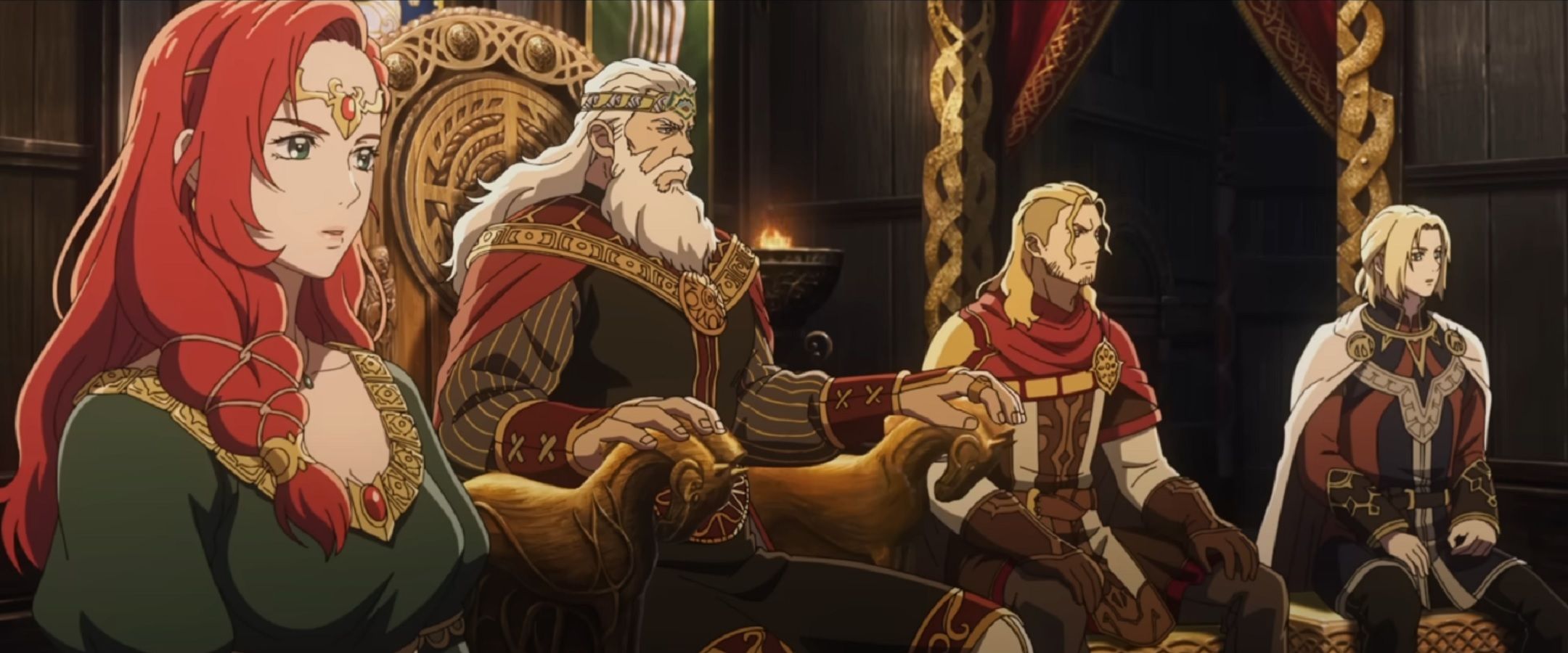
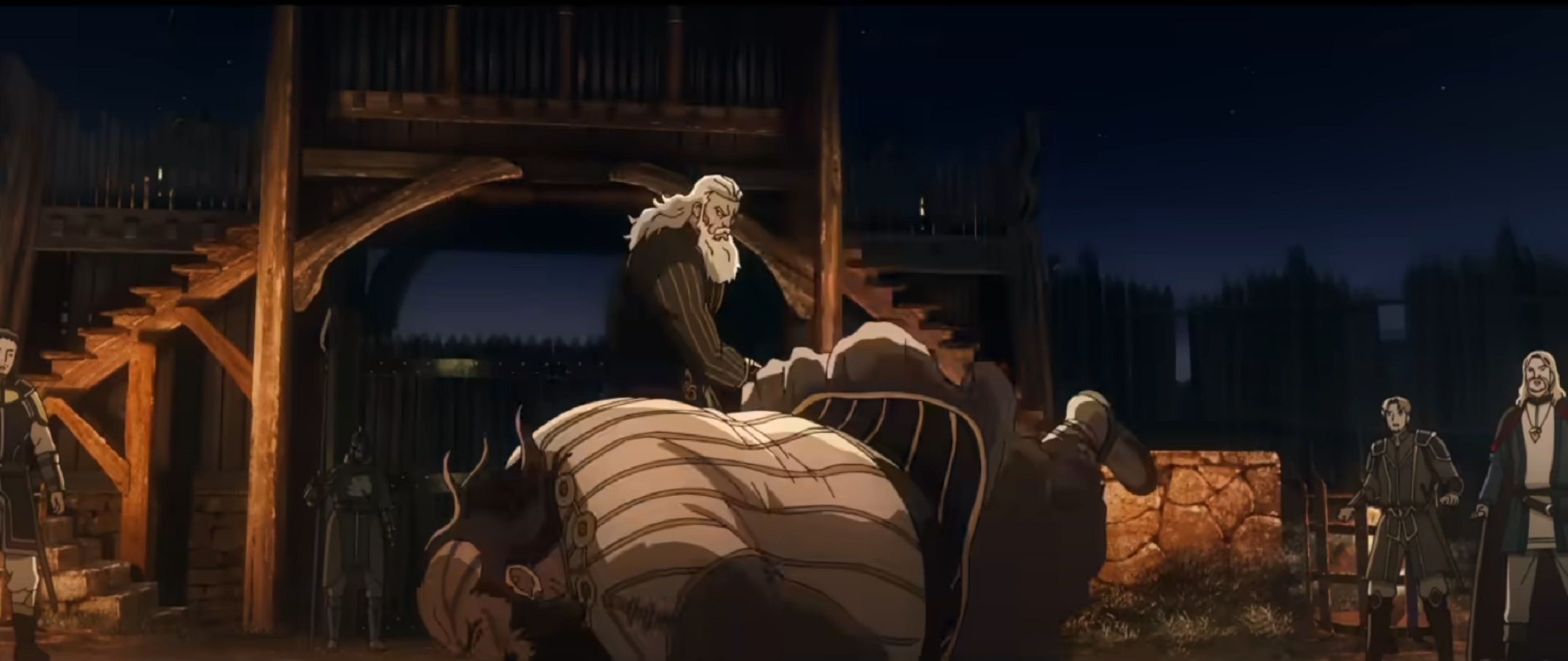


The trailer focuses on Hèra’s plight, her resistance and rebellion. Boyens cites taking inspiration from Anglo-Saxon royalty – a very Tolkien thing to do – and having a completely blank state is the perfect canvas for filmmakers, so it’s no surprise that they’re centring the story around Helm’s daughter. She will also act as the audience surrogate for the film – a much more relatable character than a great king. Her relative powerlessness in the face of dire adversity hopes to draw the audience into the story while Helm Hammerhand will still be the “driver of our story”, according to the producers.
I don’t know about you, but this all sounds great to me. I’m all for adaptations pushing boundaries and experimenting in different directions. I’ve already made it clear that I’m a big Helm Hammerhand fan and reject the notion that every fantasy show needs to be made in the mould of prestige television. A Lord of the Rings anime is a cracking premise, and the trailer has only made me more excited to see Helm and Hèra on screen – live-action clips aside.
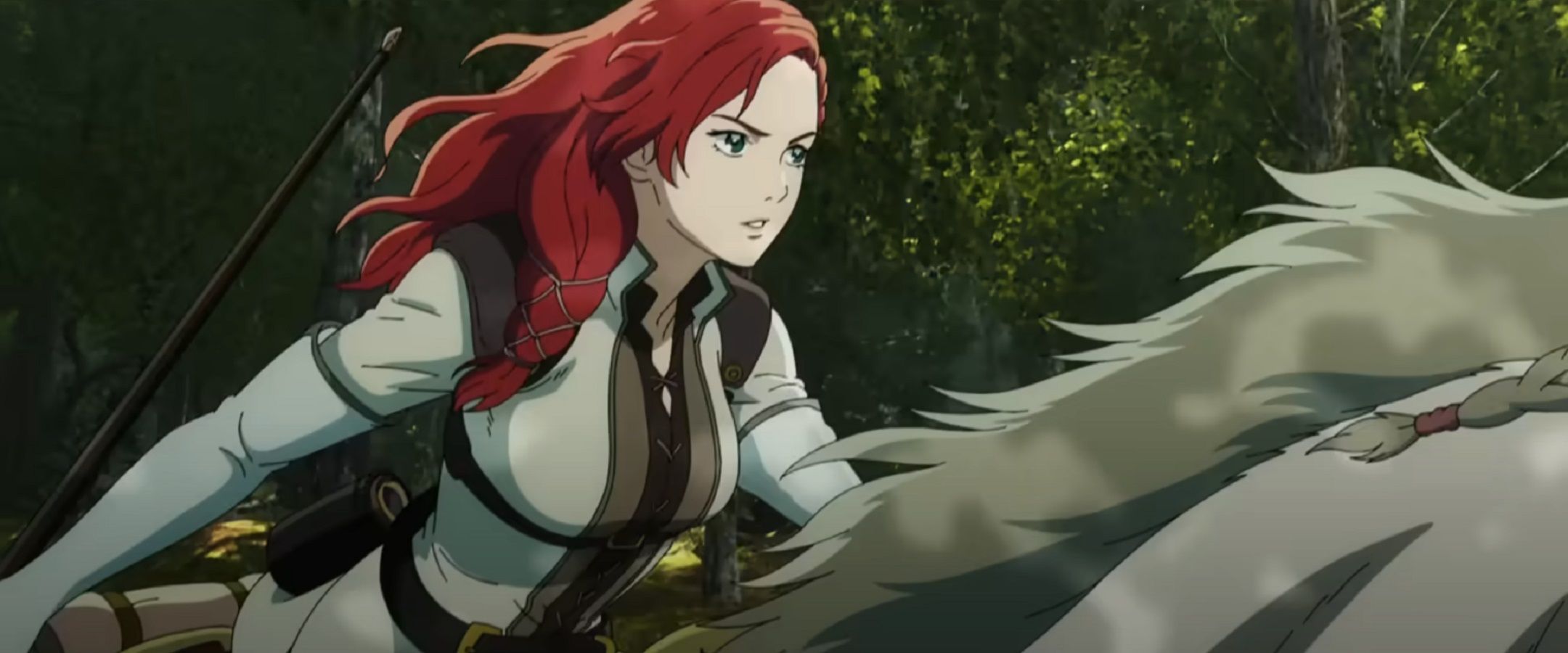
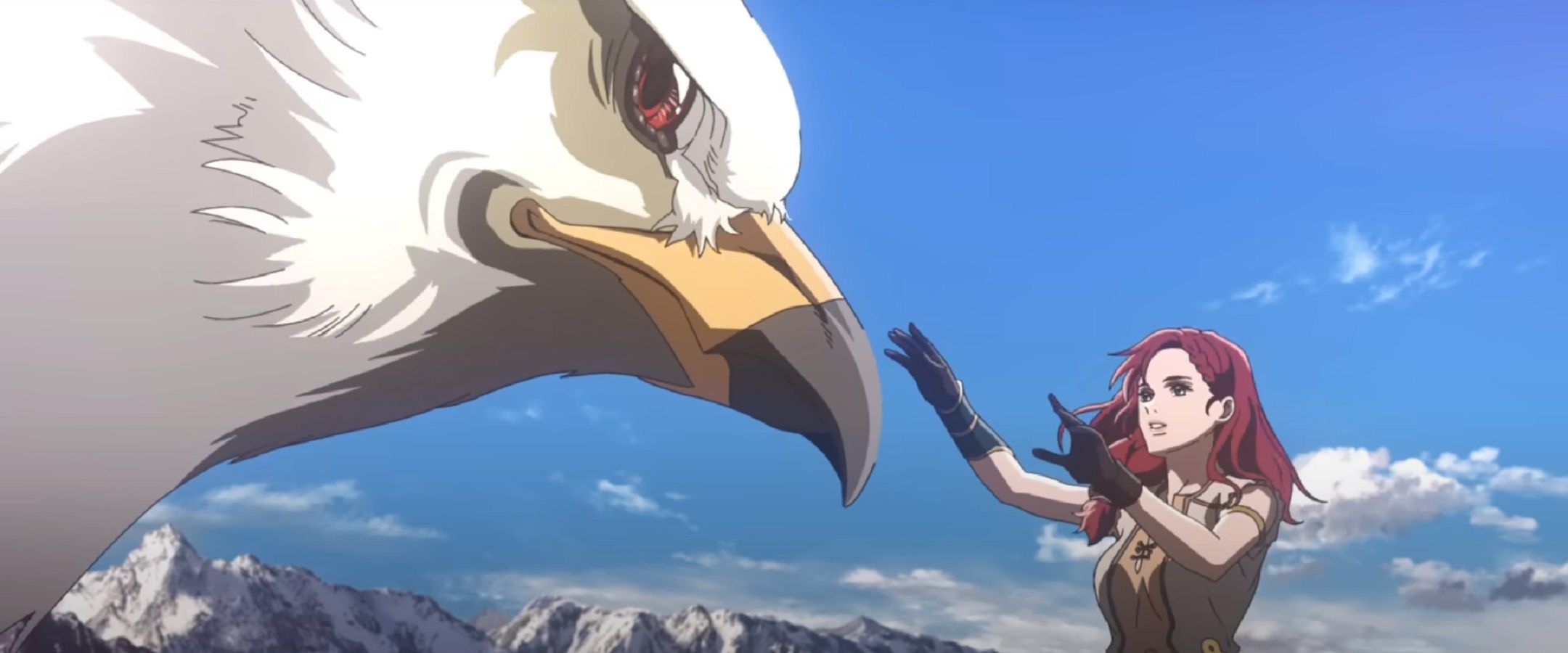
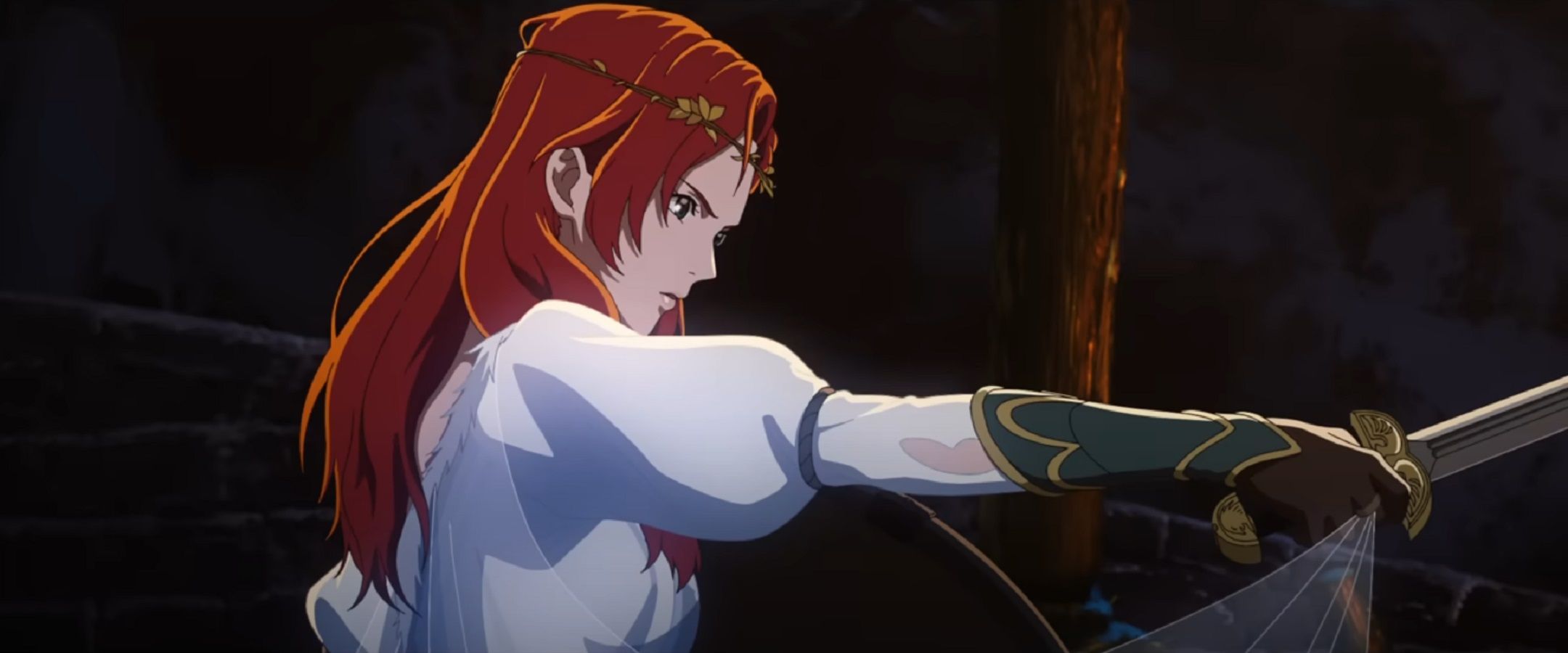



Countless people online are complaining that The War of the Rohirrim is the new Rings of Power because they don’t like seeing powerful women. But, from what I can see, the upcoming anime takes liberally from both Tolkien and the Jackson trilogy that fans incorrectly revere as the epitome of perfect adaptation. Miranda Otto reprises the role of Éowyn, for goodness sake! If you’re unhappy with the resulting film before you’ve even seen it, I can only think of one reason for that…
If you’re still unconvinced that Hèra feels like a Tolkien character (which, name aside, she literally is), take the following quote from Tolkien’s Letter 244: “[Éowyn] was also not really a soldier or ‘amazon’, but like many brave women was capable of great military gallantry at a crisis.” Hèra is one such woman. And if you’re one of those fans who takes the Peter Jackson movies as more canonical than the texts themselves, listen to Éowyn herself. “The women of this country learned long ago: those without swords can still die upon them.”




